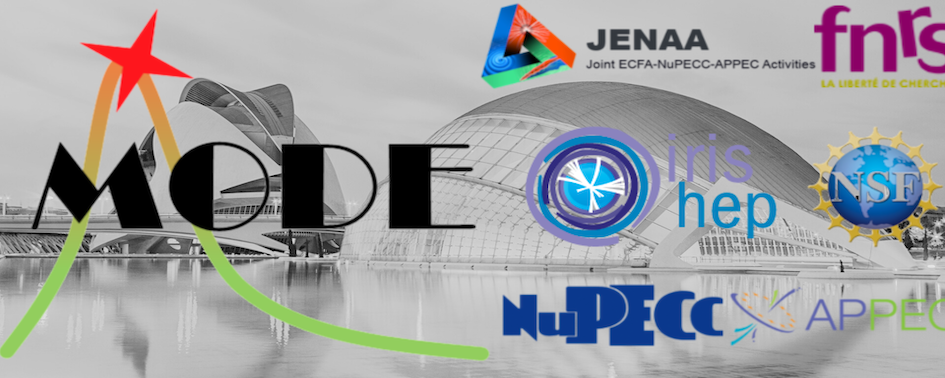Speaker
Description
Muon scattering tomography allows for the imaging of the density of unknown volumes through the measurement of the incoming and outgoing tracks scattering angle. One significant source of imprecision of the technique comes from the dependence of muon momentum on the multiple scattering process that muons undergo in the material. This can be alleviated by including dedicated momentum measurement devices to the experiment, with a potential cost and interference with the scattering measurement.
An alternative consists in leveraging the scattering information itself, through passive scattering material downstream of the measured volume. In this talk, we present a comprehensive study of diverse machine learning algorithms for this regression task. From a classical feature engineering with a fully connected network, to more advanced architectures such as recurrent and graph neural networks, and transformers. Several real-life requirements are considered, such as the inclusion of hit reconstruction efficiency and resolution, and the need for a momentum resolution prediction that can improve reconstruction methods like PoCA or MLEM.
